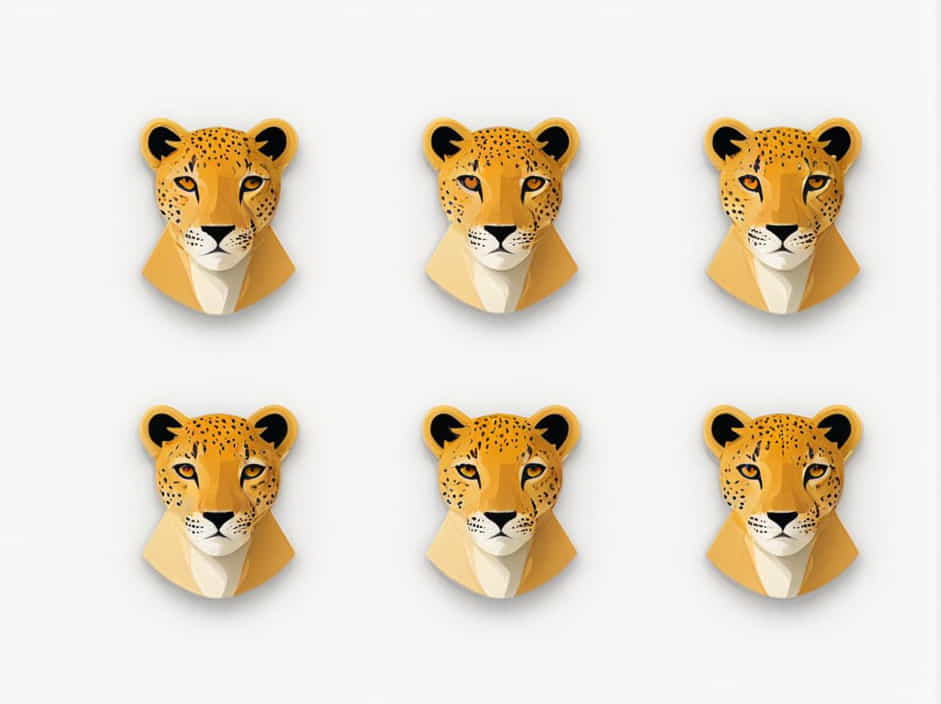Cheetahs (Acinonyx jubatus) are the fastest land animals, known for their incredible speed and agility. Unlike lions, which live in large prides, cheetahs have a different social structure. But what is a group of cheetahs called? The correct term is a “coalition.” This term is mostly used for male cheetahs that form small, bonded groups. Female cheetahs, on the other hand, are usually solitary, except when raising cubs.
Why Is a Group of Cheetahs Called a Coalition?
A coalition refers to a small group of individuals that work together for mutual benefit. In the wild, male cheetahs often team up to increase their chances of survival, defend territory, and improve hunting success. Unlike other big cats that form large groups, cheetahs usually stay in small coalitions of two to four members.
Understanding Cheetah Social Behavior
1. Male Cheetah Coalitions
Male cheetahs often form lifelong bonds with their brothers or unrelated males. These coalitions help them:
- Protect their territory from rival males
- Improve their success in hunting larger prey
- Defend themselves against predators like lions and hyenas
2. Solitary Female Cheetahs
Female cheetahs are typically solitary, except when they have cubs. They do not form coalitions because they need to cover large areas in search of food. Their primary focus is raising and protecting their young.
3. Cheetah Cubs and Family Groups
When a female has cubs, she stays with them for about 18 months. During this time, the cubs learn essential survival skills, including hunting and avoiding predators. Once they mature, siblings may stay together briefly before the males form coalitions and the females go off on their own.
The Role of Coalitions in Cheetah Survival
1. Stronger Territorial Control
Male coalitions can hold larger territories than solitary males. This gives them better access to food and mating opportunities.
2. Improved Hunting Success
Hunting in groups allows cheetahs to take down larger prey, such as wildebeest or zebras, which would be difficult for a single cheetah.
3. Better Protection from Predators
Cheetahs have many natural enemies, including lions, hyenas, and leopards. A coalition provides strength in numbers, making it harder for predators to steal their kills or attack them.
Differences Between Cheetahs and Other Big Cats
Unlike lions, which live in large prides, or leopards, which are completely solitary, cheetahs have a unique social structure. Male coalitions are rare in the big cat world, making cheetahs stand out in terms of social behavior.
A group of cheetahs is called a coalition, a term that applies mostly to male cheetahs that form strong social bonds. Female cheetahs, on the other hand, are usually solitary. These coalitions provide significant survival benefits, including better territory defense, improved hunting efficiency, and greater protection from predators. Understanding cheetah social behavior helps highlight the unique ways these magnificent animals adapt to their environment.
